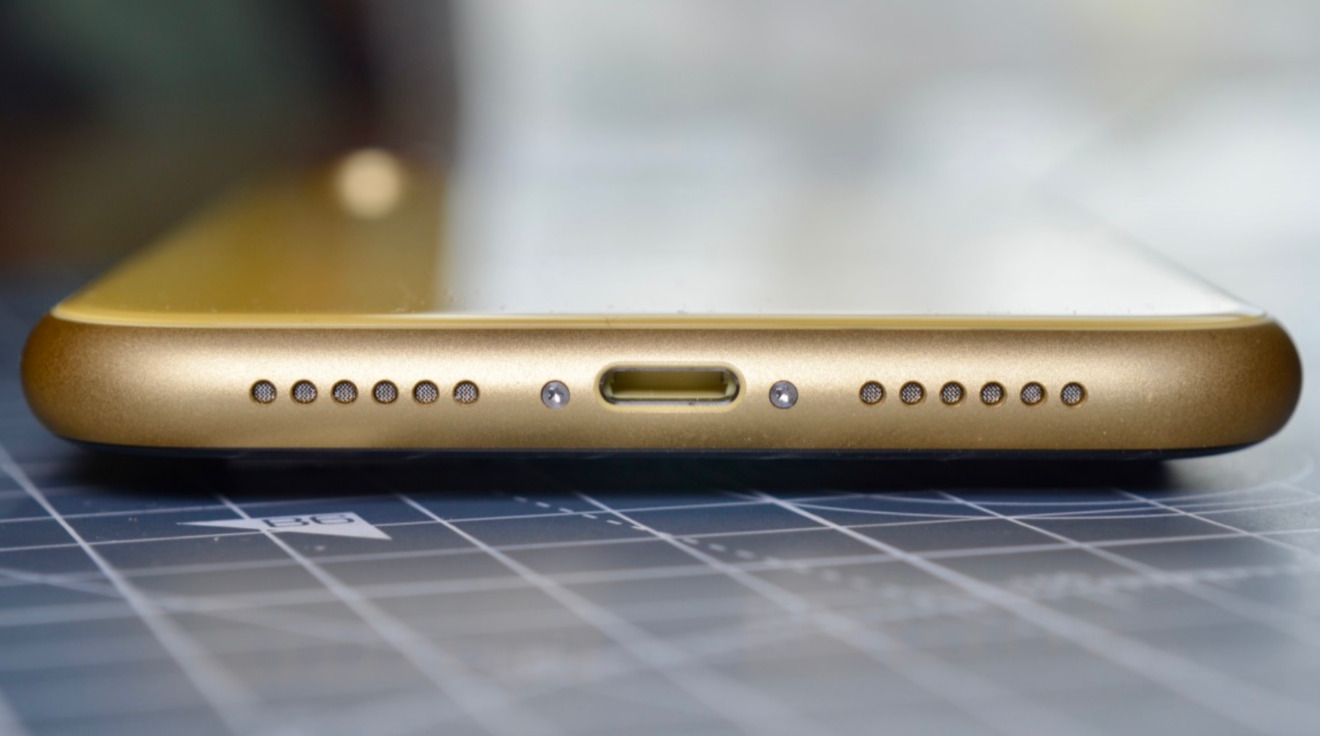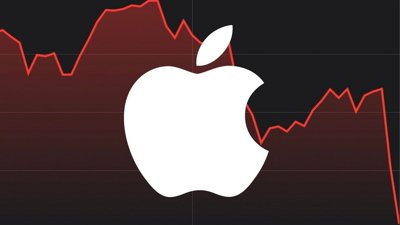The European Union's long-running plan to harmonize chargers for smartphones, and other devices, is reportedly set to be formally proposed and could become legislation.
Despite Apple's arguments against the need for a legally-mandated common charger standard, the EU is drafting legislation on the issue. The EU continues to maintain that a common standard would reduce electronic waste, while Apple says that switching to this new standard would create more e-waste.
According to Yahoo! Finance, a source familiar with the EU's plans says that legislation will be proposed in September. There are no further details, but the proposals will presumably follow the EU's previous recommendations.
In 2019, those included suggestions for different ways of achieving a common charger. It's possible that a manufacturer will be required to adopt a connector to make their charger compatible with others.
The EU's push to a common charger began around 13 years ago. At point, companies including Apple, signed a voluntary memorandum of understanding, agreeing to work on harmonizing chargers.
This failed to happen, so the EU believes that if companies won't make the move themselves, they will have to be required to.
Apple ceased shipping a power adapter with the iPhone in 2020. However, the issue for Apple is that it uses its own proprietary Lightning connector for iPhones, and the EU is more likely to recommend the USB-C, or USB 2.0 micro-B, commonly used by other vendors.
 William Gallagher
William Gallagher



-xl-m.jpg)




 Malcolm Owen
Malcolm Owen
 Marko Zivkovic
Marko Zivkovic

 Chip Loder
Chip Loder
 Christine McKee
Christine McKee

 Amber Neely
Amber Neely


-m.jpg)






129 Comments
Apple with it’s using USB-C for iPads but Lightning for others has no leg to stand on with this argument. It switched its laptops to USB-C creating huge ewaste. Apple likes to argue both sides of the coin when it comes to its costs. Very disingenuous.
Well, for us in the UK, this is no longer a problem, we can keep lightning cables! 👍
What a waste of time and resources. Chargers have been nearly universal for years since separate cables became the norm. They don't have anything better to do than to try and dictate the type of cable being used.
Why does the connector in the phone iPad etc even matter? it’s about the charger and as different countries have different standards on the AC side the EU can have whatever it wants.
In order to standardise on power output levels and voltages it may mean having to use a more powerful adaptor than is strictly necessary and wasting energy in the form of heat.
Having said all that, modern power supplies are really quite efficient, It's probably only a problem in power hungry devices.